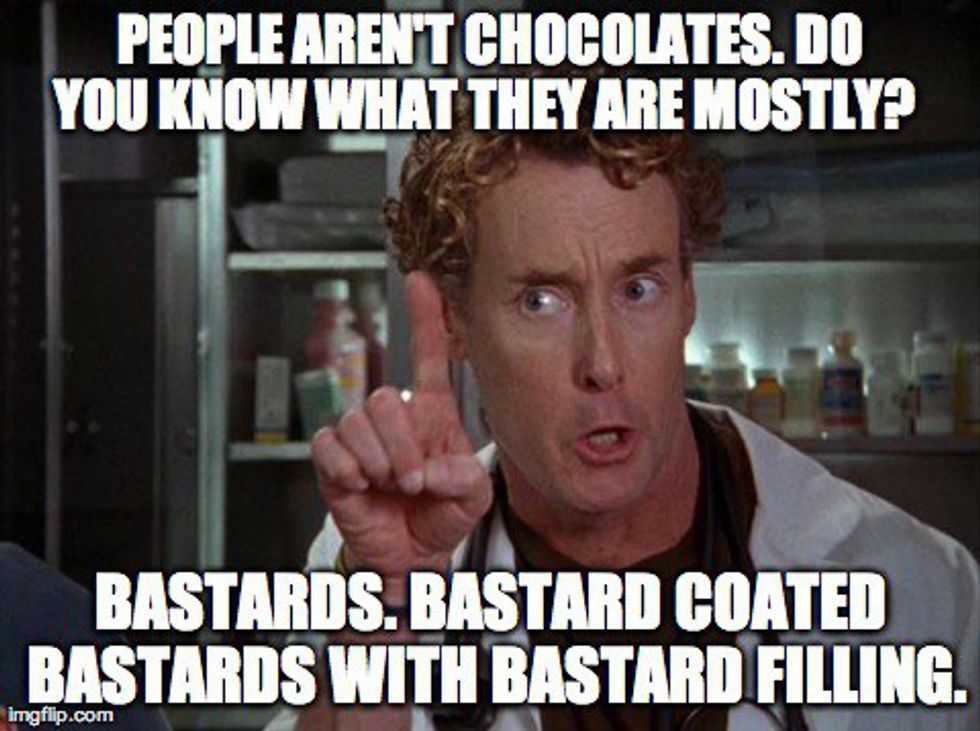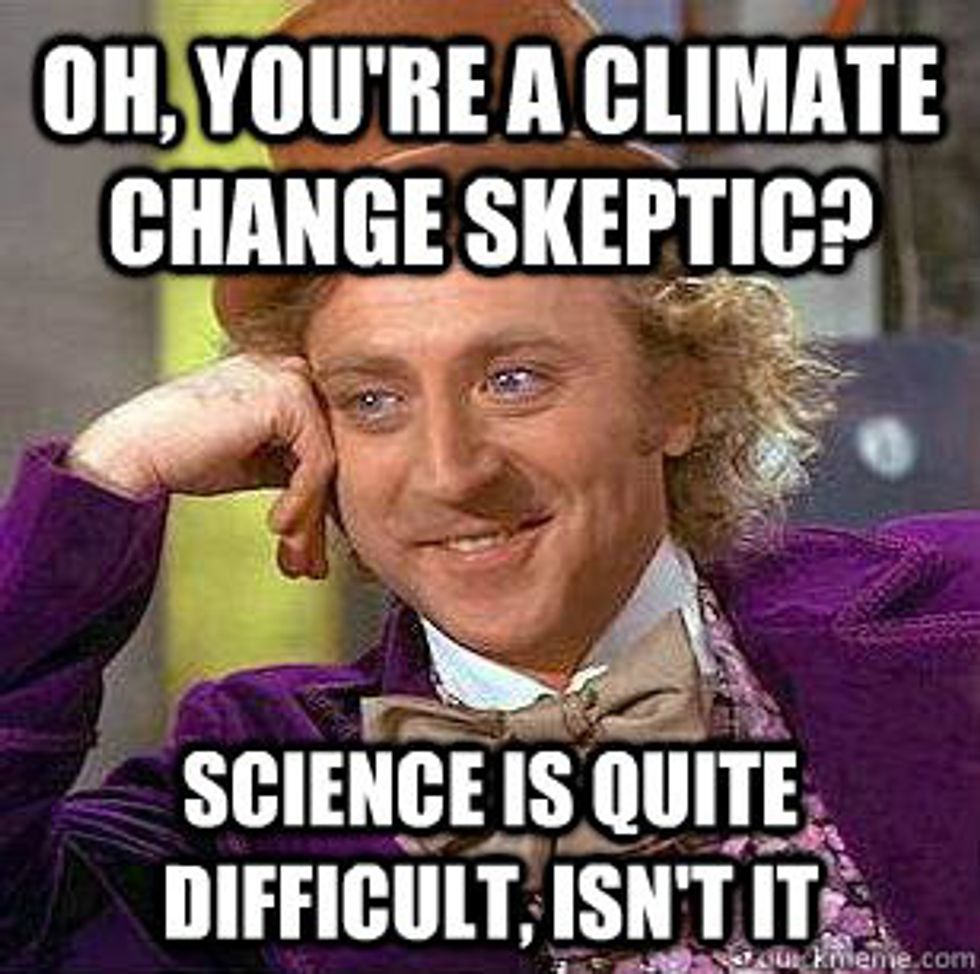Reason is, and ought only to be the slave of the passions, and can never pretend to any other office than to serve and obey them.
David Hume, philosopher
Last time, we pondered if our actions may be meaningless... or not. I claim that true meaning is found in serving God and the other (e.g. metaphysical and physical selflessness). Some may be fairly skeptical of my cynicism about the meaning of things. Or, maybe they are cynical of my skepticism. However, which is it? Cynicism and skepticism are two terms that have been used interchangeably from common laypeople to pseudo-journalists on ESPN (e.g. Stephen A Smith is a common offender). A simple definition of both terms and a few pertinent examples may help remedy the common error.
The cynic is more complex than the skeptic. The Merriam-Webster dictionary defines cynicism as "beliefs that people are generally selfish and dishonest," and a cynic as "a person who has negative opinions about other people and about the things people do." This would be a person's state of mind on the state of things in general. For instance, I'm an extreme version of a cynic. As one, I believe that people have no way of committing actions without a selfish or ulterior intent. It takes a jaded history to get to this point. It can be driven by worldview, experience, education, and many more factors. A Protestant would blame sin and not be surprised when people make poor decisions. They would not be surprised Congressman Weiner has a problem keeping his penis under control. The same Protestant (if not overly jaded) would attest that Christ can help heal his sin. I'm somewhat skeptical when it comes to true change in peoples' lives.
The skeptic is more popular than the cynic since he does not resemble Debbie Downer. The Merriam-Webster dictionary defines skepticism as "an attitude of doubting the truth of something (such as a claim or statement)," and a skeptic as "a person who often questions or doubts things." The most famous skeptic is a philosopher by the name of David Hume. He rejected religion and found a reason as a better replacement for divine knowledge. In the 21st century with information at our fingertips like no other time in history, we must be skeptical. I find it a duty of the common man to question all and every significant evidence or theory. For instance, a skeptic would scrutinize the use of essential oils and homeopathic medicine until there would be evidence showing its efficacy. In many ways, skepticism is more useful than cynicism.
One can very well be a skeptical cynic. For example, a skeptical cynic would conclude that treatment X sounds fishy and probably won't do anything to help his arthritic pain. On the other hand, a cynical skeptic is more ludicrous than acceptable. I think the distinction is important because the skeptic genuinely wants robust evidence to prove a fact whereas a cynic would have difficulty trusting even said robust evidence. He will be skeptical until there is solid evidence, whereas a cynic would doubt it would lead to anything meaningful.
As a cynic, my examples may be piss poor, but do I trust people to come up with better ones? Probably not.





















